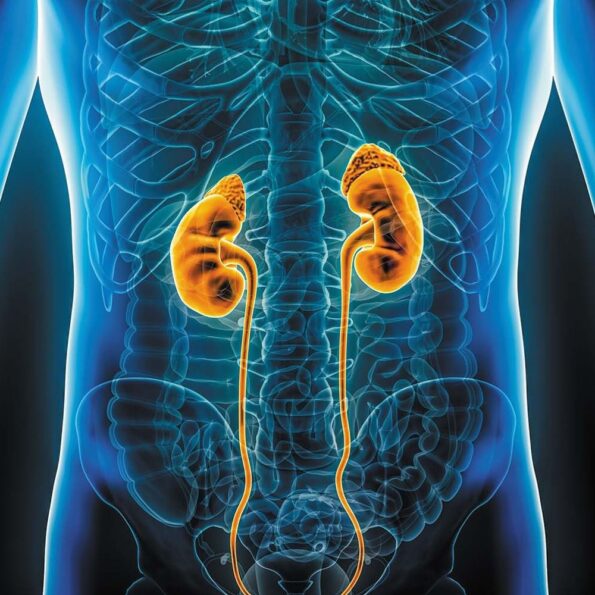Israeli lab successfully develops Kidney that lasted 34 weeks:This milestone surpasses earlier models that survived four weeks, though the kidney is not transplant-ready yet

In a groundbreaking achievement, Sheba Medical Centre in Israel, working with Tel Aviv University, has successfully created a synthetic 3D kidney organoid that lived for more than 34 weeks. This marks a huge leap forward, as earlier organoids typically failed within four weeks. Why it matters According to Benjamin Dekel, director of Sheba’s Pediatric Nephrology Unit and Stem Cell Research Institute, these organoids can transform how kidney diseases are studied. They allow scientists to better understand disease mechanisms, test treatments earlier, and cut down on animal testing. A new way to heal kidneys Unlike traditional approaches involving cell transplantation, Dekel explained that the organoid secretes molecules capable of repairing damaged kidneys. “I’m very, very optimistic about the path forward,” he said, highlighting the potential to shift treatment methods for chronic kidney conditions. Clinical use still a way off Despite the breakthrough, Dekel cautioned that moving from the lab to clinical practice will take time. Researchers first need to identify the right cells, study the biomolecules they release, and fully understand how these aid in adult kidney repair before trials on humans can begin. Funding the future To push this discovery closer to medical application, Sheba Medical Centre is seeking financial support, particularly from China and Hong Kong biotech firms. With kidney disease affecting an estimated 150.5 million people in China alone, the research has strong potential for global impact.
Search
Recent
- ‘Horrific murder’: Zelenskyy confirms ex-speaker Parubiy shot dead; vows probe
- Panic at petrol pump: Staff shot for refusing fuel to helmetless youths in MP
- From Puri to Delhi: Jagannath Rath Yatra wheels to adorn Parliament
- Dravid, Pandit and more: Full list of coach, player changes since IPL 2025
- Rahul offers candies to black-flag protesters in Bihar – watch





